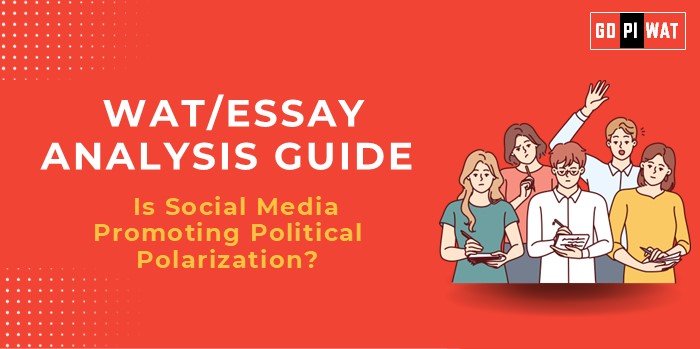📱 Is Social Media Promoting Political Polarization?
🌍 Understanding the Importance
Social media has revolutionized political discourse, democratizing information and enabling global connectivity. However, its role in promoting political polarization has sparked intense debate, with implications for societal cohesion, ethical content creation, and digital literacy. Understanding these dynamics is crucial for addressing the challenges of our digital era.
📊 Achievements
- 🗳️ Enhanced Civic Engagement: Social media empowers users to participate in political discussions, raising awareness of critical issues.
- 🌐 Democratized Information: Platforms provide a voice to underrepresented groups, amplifying diverse perspectives.
- 📣 Mobilization for Causes: Social media has been instrumental in organizing movements like #BlackLivesMatter and climate change protests.
⚠️ Challenges and Comparative Analysis
- 🔁 Echo Chambers: Algorithms often prioritize content that aligns with user preferences, reinforcing existing beliefs and limiting exposure to opposing views.
- 📉 Misinformation Spread: Viral fake news and manipulated content contribute to divisive narratives.
- 🌎 Global Trends: In countries like the U.S. and Brazil, increased polarization has been linked to social media usage, with noticeable impacts during elections and major political events.
🌎 Global Context
- 🇺🇸 United States: Studies have shown that platforms like Facebook and Twitter contribute to ideological divides during elections.
- 🇧🇷 Brazil: Social media played a central role in political polarization during recent presidential elections, amplifying misinformation and bias.
🔮 Future Outlook
Addressing the issue of polarization requires a multi-pronged approach:
- 🔍 Algorithm Transparency: Social media platforms should diversify content exposure to prevent echo chambers.
- 📚 Educational Initiatives: Promote digital literacy to empower users to critically evaluate information.
- ⚖️ Policy Reforms: Governments can establish frameworks encouraging ethical content moderation and accountability for platforms.
📄 Conclusion
Social media has significantly enhanced political engagement and awareness, but its role in fostering polarization cannot be ignored. A balanced approach involving platform accountability, user education, and algorithmic reforms is essential for leveraging social media as a tool for inclusive dialogue while minimizing its divisive effects.
📄 Source: Written Ability Test (WAT) Analysis Guide, 2024


